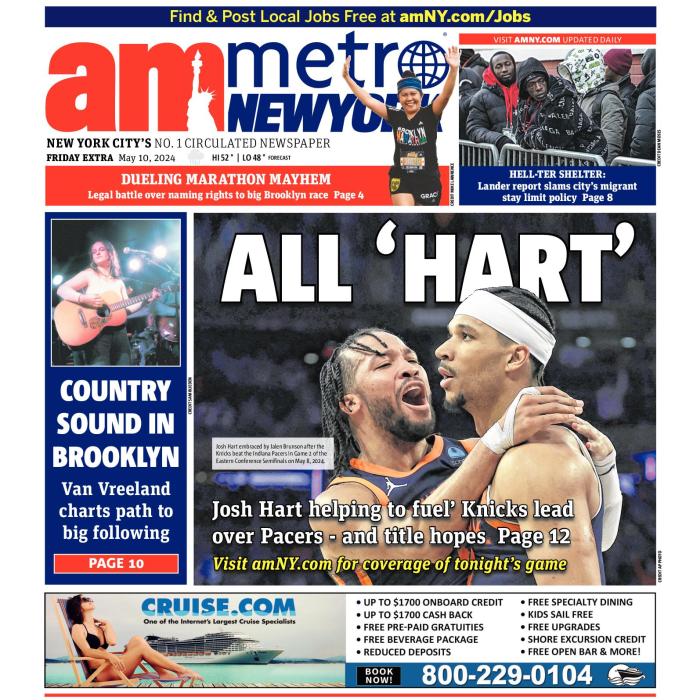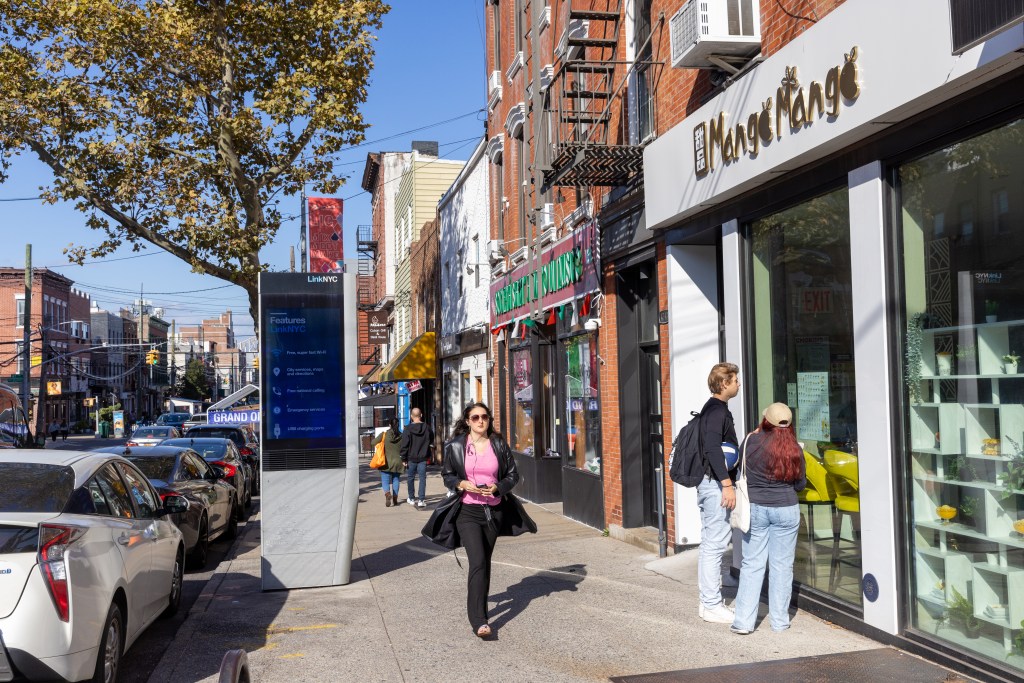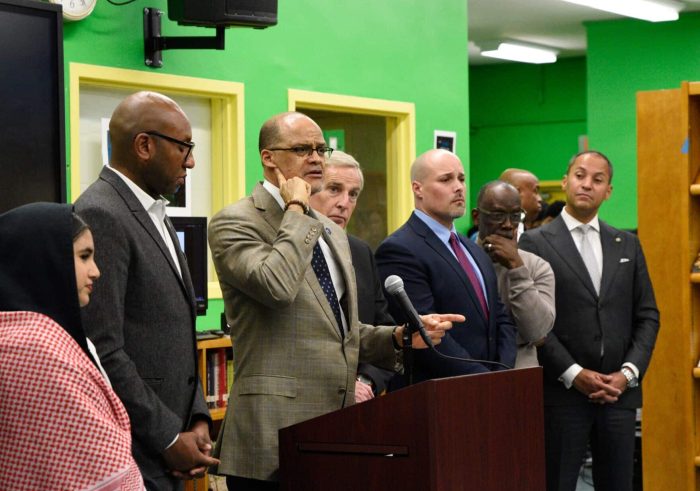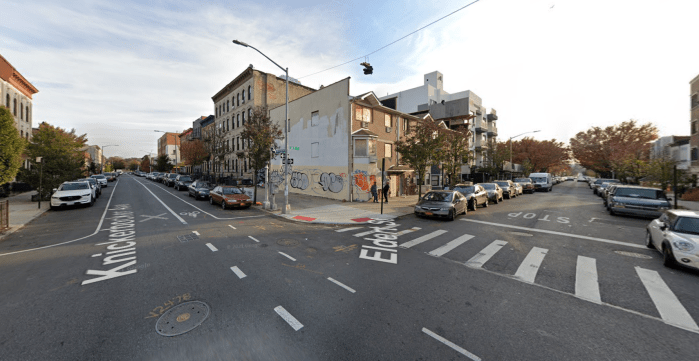A main victim of the city’s development boom has inarguably been the small businessperson, as mom-and-pop shops struggle to operate in a dense metropolis increasingly driven by real estate interests.
But with the recent economic meltdown — a reality check that exposed Wall St.’s avarice — some small businesses have received a precarious stay of execution as the market chills and rents freeze in place.
While not the best circumstances for a reprieve, the current economic situation does raise interesting questions about ensuring the survival of independent, locally owned retail businesses.
From restaurants and grocers to hardware stores and barbershops, the plight of Village- and Downtown-area mom-and-pop stores has been well publicized, as neighborhood institutions like the Jefferson Market face rising rents and competition from chain operations.
Upper Manhattan Councilmember Robert Jackson recently introduced a bill that, if passed, would enact a form of citywide commercial rent control. The idea would be to offer protection to small businesses by forcing tenants and landlords to submit to binding arbitration if they can’t agree on a fair price. The measure stipulates that annual rent increases would be limited to around 3 percent. That would be a far more realistic rent hike for small business owners, who, when facing lease renewals now, are not uncommonly offered rents double and even triple what they have been paying.
This proposed legislation is ambitious and far-reaching — maybe too much so in our free market — but at least it confronts the issue in no uncertain terms and represents a solution.
Elected officials for years have sought to address the threat facing mom-and-pop businesses, but have yet to produce any feasible options ready for implementation. While ideas like tax abatements for landlords who rent to small businesses and rezoning efforts in core manufacturing districts are encouraging, they nonetheless remain theoretical rather than actionable. If anything, Jackson’s proposal — which his office boasts already has 16 supporters in the council — is a symbolic step in the right direction, regardless of the fact that it likely will not be passed.
In the East Village, a group of concerned citizens conceived of an innovative solution to check the spread of chains and the flight of independent merchants: Specifically, they explored so-called “formula retailing”: a way for neighborhoods to prevent encroaching chain stores through size caps, permit requirements or outright bans of big-boxes. The group also considered a big-box tax, requiring larger chains to pay a special fee that would go to subsidize small businesses. These measures have been experimented with in other cities, such as San Francisco, which is also losing its mom-and-pop shops; so what’s stopping it here?
In the end, much responsibility lies with us — the consumers — to support our local stores by patronizing them.
Without our support, the city’s diversity of offerings will give way to a streetscape of banks, chain drugstores and fast-food restaurants. And a Starbucks on every corner.















